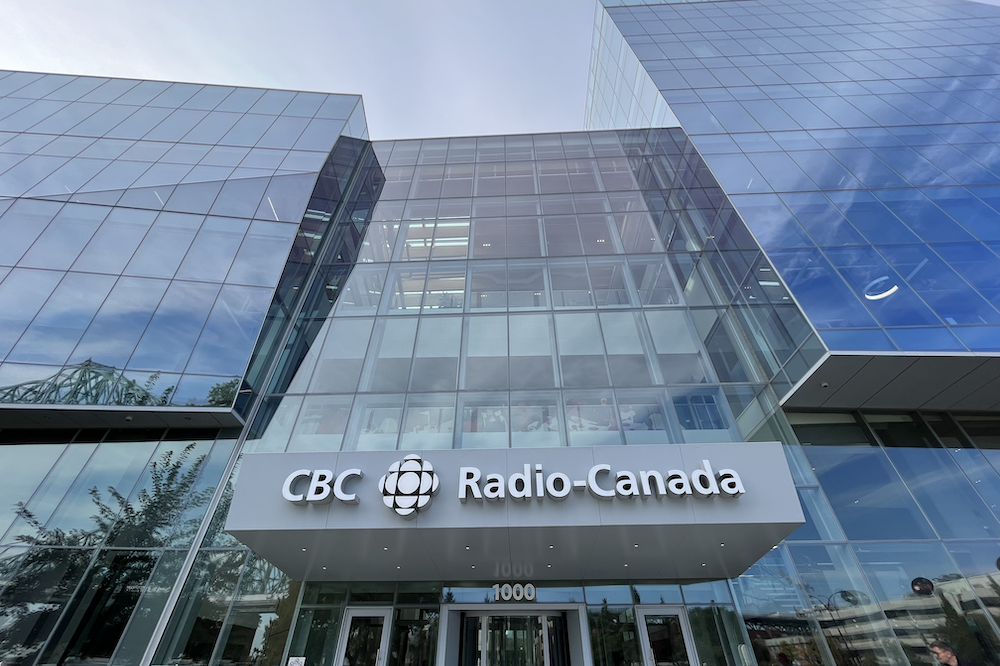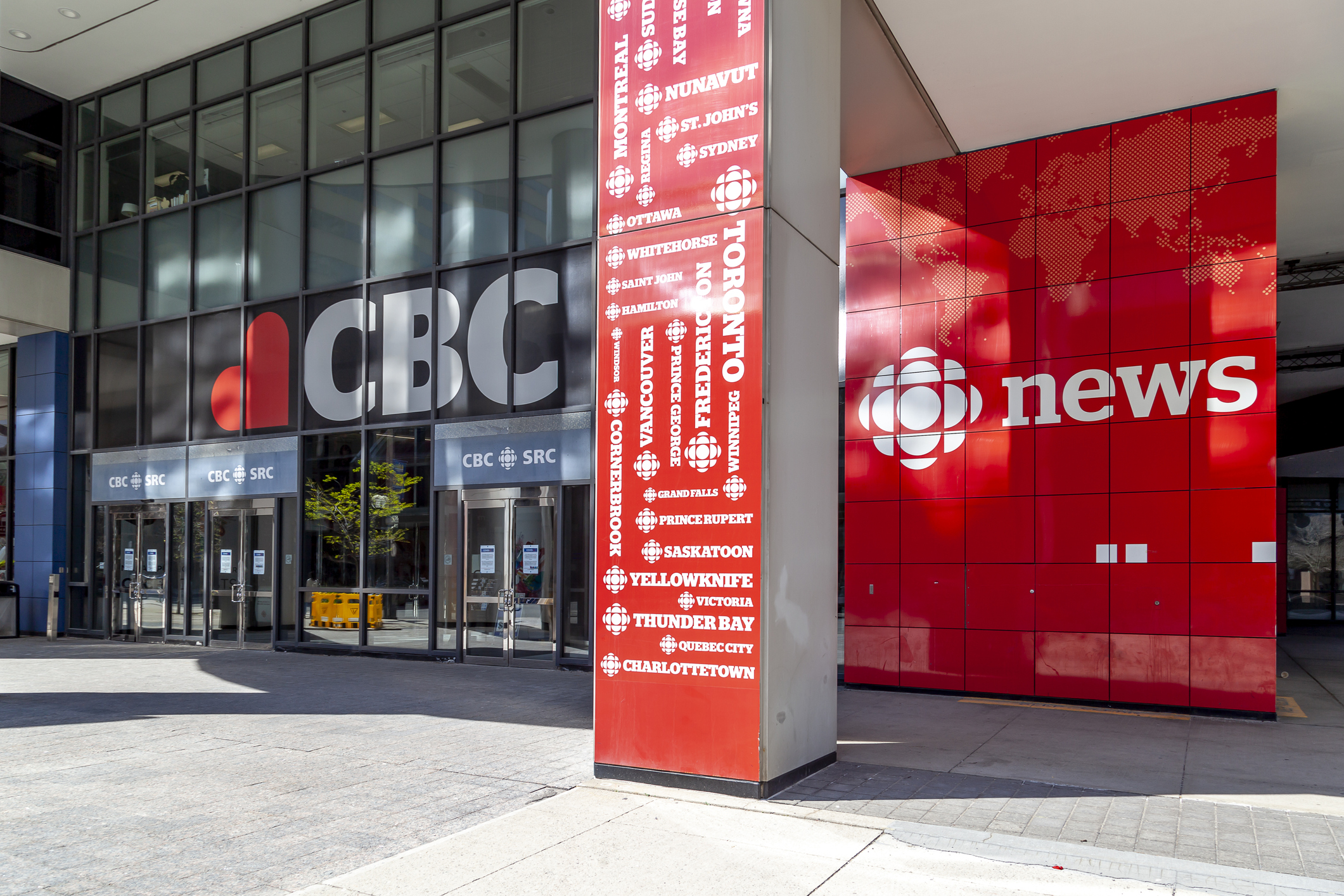RESEARCH INSIGHT
Do bargaining codes have a future?
8 April 2024
With Facebook shutting down its news tab, what does that mean for laws that are trying to persuade it to fund public interest journalism?
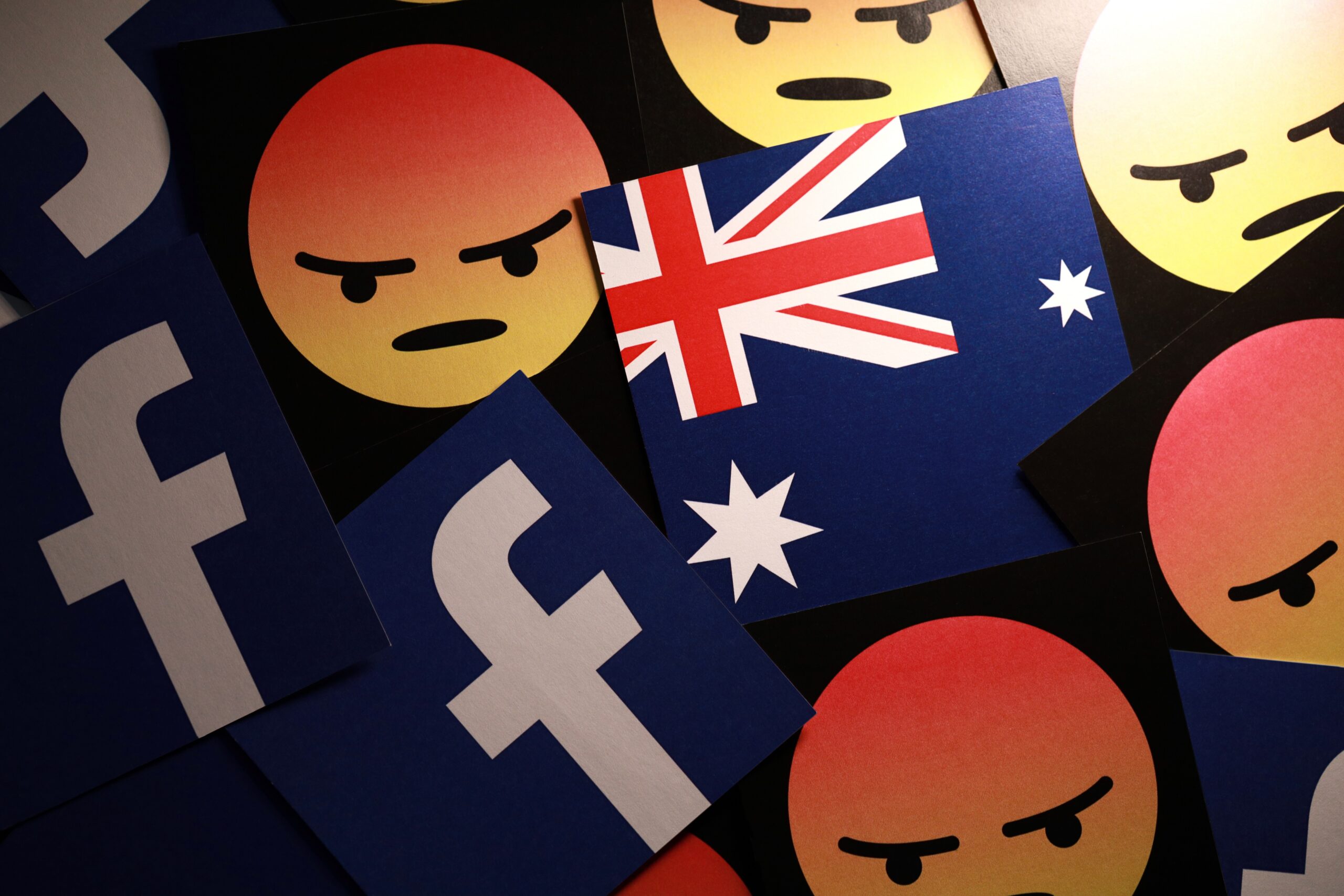
By Fiona Martin, Associate Professor in Online Media, University of Sydney
When Australia introduced its ‘world first’ ‘News Media Bargaining Code’ (NMBC)in March 2021, it looked like a funding lifeline for public interest journalism providers including the Australian Broadcasting Corporation (ABC), the country’s national broadcaster.
The Code required tech companies Facebook and Google to negotiate voluntarily with media companies over the value of hosting news on those platforms. The deals struck provided roughly $70 million a year to support local journalism, and the ABC used its payments to create 60 new regional news jobs.
The Australian federal government estimates that from around 40 deals over three years, the Code extracted around A$200 million from big tech, making it a model for competition law policy transfer. It inspired Canada’s 2024 Online News Act, the UK’s Digital Markets, Competition & Consumer Bill and New Zealand’s Fair Digital News Bargaining Bill. Brazil and South Africa are contemplating similar laws as part of platform power inquiries.
Read more: Australia & NZ confront big tech as media crisis grows
The aims of such mechanisms are to mitigate the significant imbalance between the advertising revenue acquisition power of global platforms and local information providers, and to reverse the decline in domestic news revenue that is leading to outlet closures and reducing media diversity. So far large European actors like France and Germany have favoured copyright law and news licensing deals over competition regulation, but there are indications that they may also move towards ‘state sanctioned bargaining’.
However, Meta’s reluctance to negotiate with some Australian publishers and its attempts to fight off regulation signals the inability of competition law to achieve equitable outcomes for all market players.
In the Australian context, Meta, unlike Google, refused to negotiate a deal with two public media outlets: the country’s public service multicultural broadcaster, the Special Broadcasting Service (SBS) and the University-supported The Conversation. Facebook provided no reason for not negotiating with the SBS, or most of the radio industry players that sought to bargain via the NMBC.
Introducing Research Insights
Research Insights is a new project launched by PMA in partnership with the International Association of Public Media Researchers (IAPMR), where we get leading public media researchers and academics to write on specialist subjects.

Since August 2023 Meta, Facebook’s parent company, has also blocked Canadian news links from its platform in response to Bill C-18, a tactic it briefly used in Australia during the drafting of the NMBC. Google also briefly threatened to block Canadian news links before striking a deal with the Canadian government to be exempt from its law, by paying $100 million per annum into a fund that will be distributed to news outlets.
Then, in February this year, Meta said it will not participate in further Australian bargaining rounds, before removing the news tab from Facebook in Australia and the US, following similar moves in Europe in December 2023.
The implication is clear – that Meta thinks the cost of servicing such regulatory arrangements is too high given its historic claims that news makes up only 3 percent of Facebook content engagement. It has announced that it will not enter new commercial deals for traditional news content in Australia, France, Germany, the UK or the US and won’t offer new Facebook products tailored to news publishers.
The question however is not just how best to distribute such funds for public interest outcomes but whether this will, in the longer term, address the dangers to democracy of unaccountable global tech companies and their growing influence over public opinion.
Meta is also requiring users of Instagram and Threads to opt in to viewing political content. While it has argued that it will not stop the news media from holding accounts or posting their content, as one analysis noted, these outlets may have to pay for visibility to avoid being buried by the platform algorithm.
So, what is the future of competition law mechanisms to force big tech support for public news media?
As the current Facebook NMBC deals are due to expire, the Australian government now has to choose whether to ‘designate’ Facebook under its Code. This means it will require Meta to bargain with the news media or be forced into mandatory arbitration. In the face of the latter, it is likely that Facebook would institute another, ongoing news ban as it has in Canada, further undermining the public reach of news media.
There are also many questions about the efficacy of the NMBC to address platform power in the short and long term. Researchers have already queried the capacity this law gives tech companies to shape the news media ecosystem, and to pick and choose the outlets and platforms that benefit.

The Australian experience suggests the real winners from the NMBC are Rupert Murdoch’s News Corp and Nine Entertainment, the country’s two largest media companies. Smaller players have been more likely to lose out as they have less access to legal advice in negotiations and are unaware of the amounts other players have secured. Some have had to strike collective deals where those were possible.
Smaller players also have fewer alternative sources of revenue if platforms pull out of these arrangements. Even ABC Managing Director David Anderson noted that Meta abandoning the next round of bargaining would generate a financial challenge for the whole company, forcing it to reconsider the future of its 60 new NMBC funded regional positions.
There is significant concern about the lack of transparency of the commercial deals being struck using the NMBC. As the Australian government discovered in a one year review of the Code, there is limited publicly available information about whether the funds obtained were actually spent on journalism. The bargaining process has also generated little understanding of the value of news commercially, or its benefits to the wider community.
Recent research suggests the Canadian Act, by way of contrast, has far more transparency provisions including an annual report detailing the total market value of the agreements, how that value is distributed and how it affects spending on journalism. Under the terms of the Google funding deal, however,CBC/Radio-Canada’s portion of the $100m is capped at $7m.
Read more: The news funding model is broken – but this would fix it
The Canadian Act is also more closely aligned with public interest objectives. It explicitly includes small players like community and college radio and requires the regulator to attend to the media diversity of deals negotiated and the degree to which independent media might benefit. Even so, it has yet to be tested in practice.
Job losses and economic upheavals in the tech sector also suggest the need for governments to find other means of funding public interest news in an era of digital competition.
Some lobbyists argue a more effective, accountable alternative to arbitration approaches would be the imposition of a levy on the platform companies’ total revenues or digital advertising.
The question however is not just how best to distribute such funds for public interest outcomes but whether this will, in the longer term, address the dangers to democracy of unaccountable global tech companies and their growing influence over public opinion.

About the author
Fiona Martin is Associate Professor in Online Media at the University of Sydney.
Our thanks to Ms. Martin for writing this piece.
This piece is part of our new series of Research Insights, developed in partnership with the International Association of Public Media Researchers.
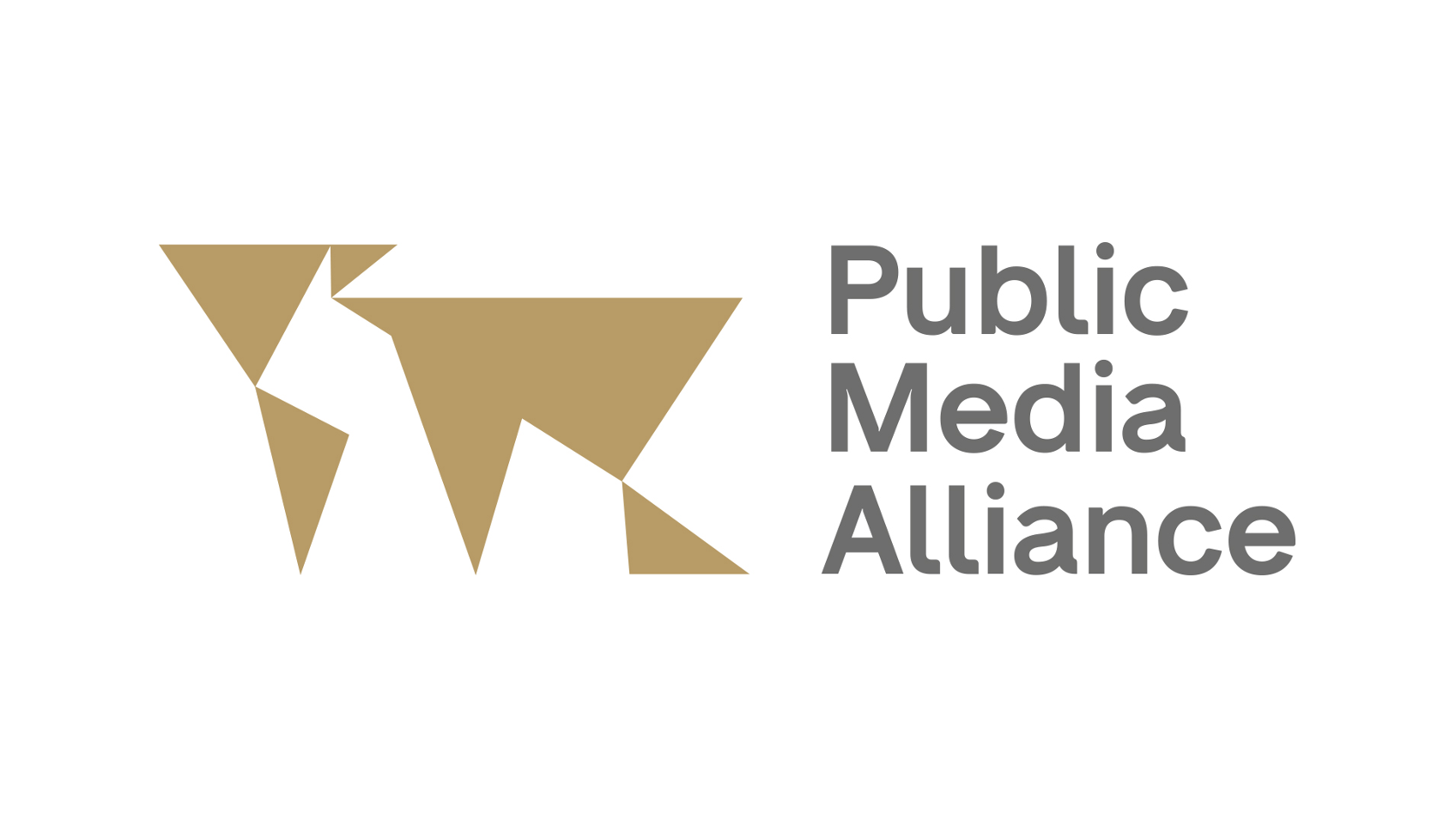
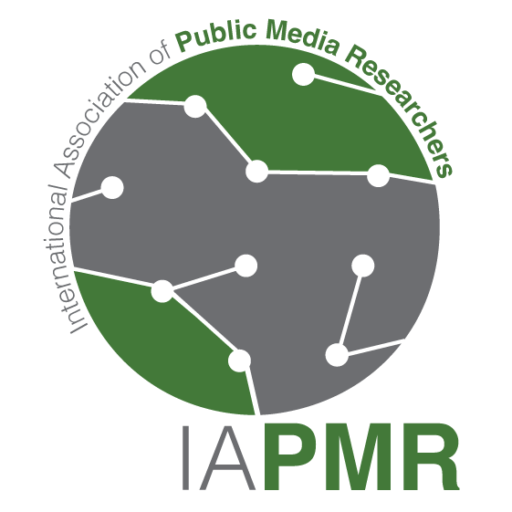
Related Posts
7th March 2024
Australia & NZ confront big tech as media crisis grows
Both Australia and New Zealand are…
8th August 2023
Canada: News publishers call for investigation into news blocking
News publishers are calling on Canada’s…


